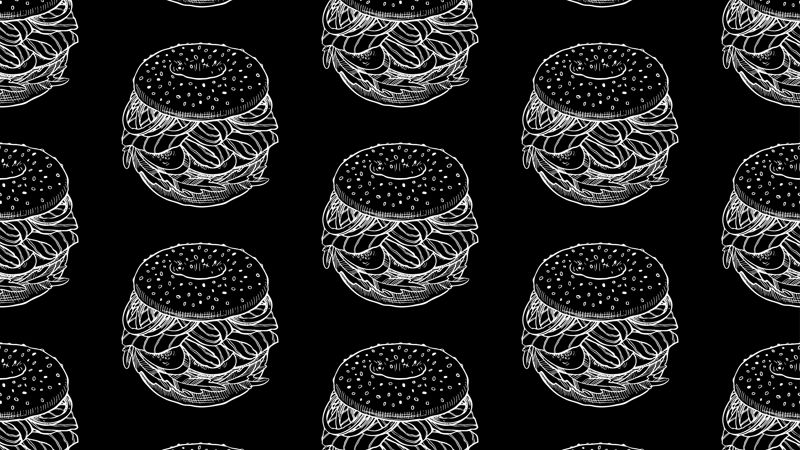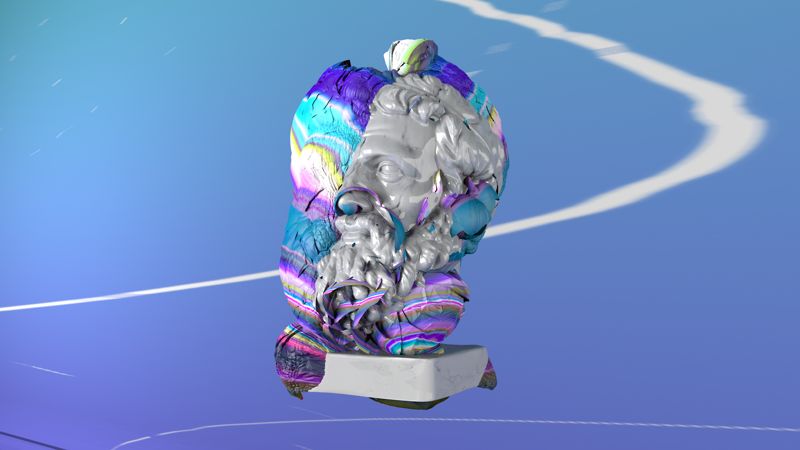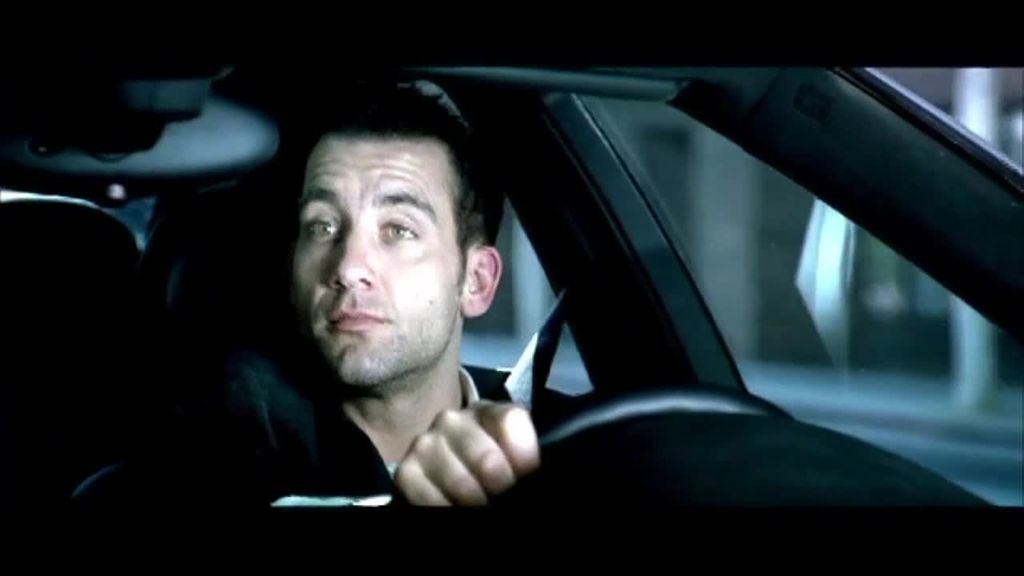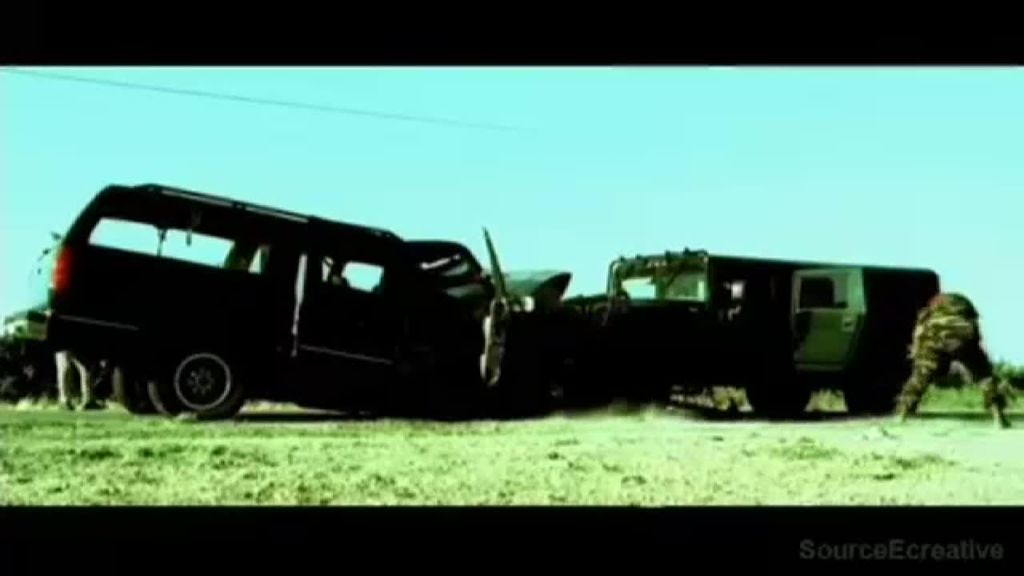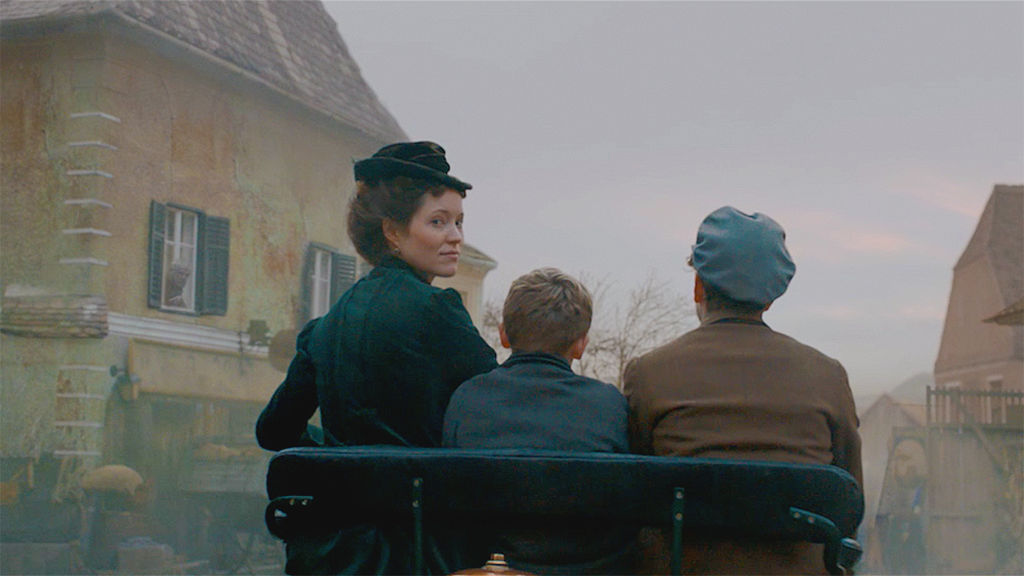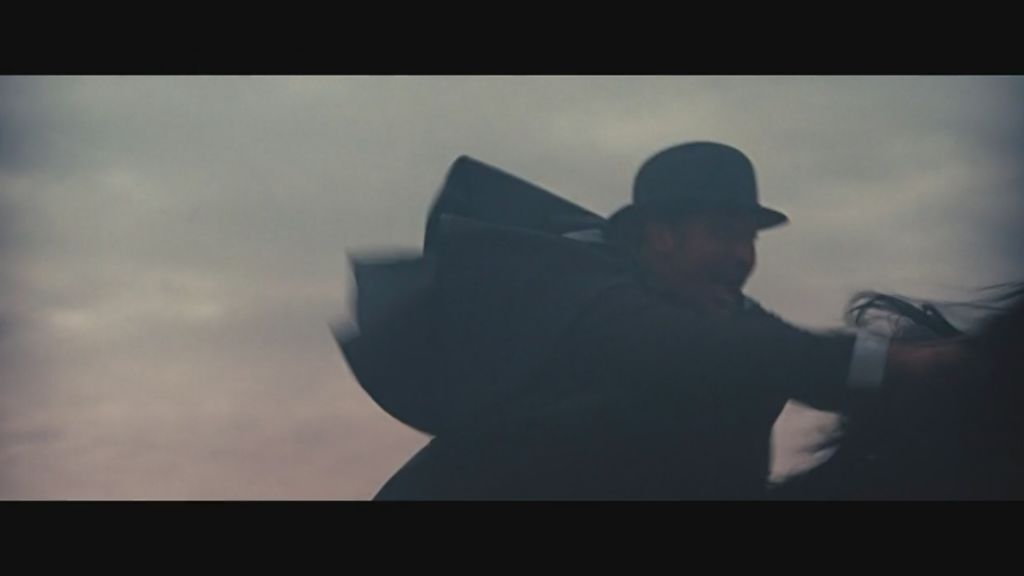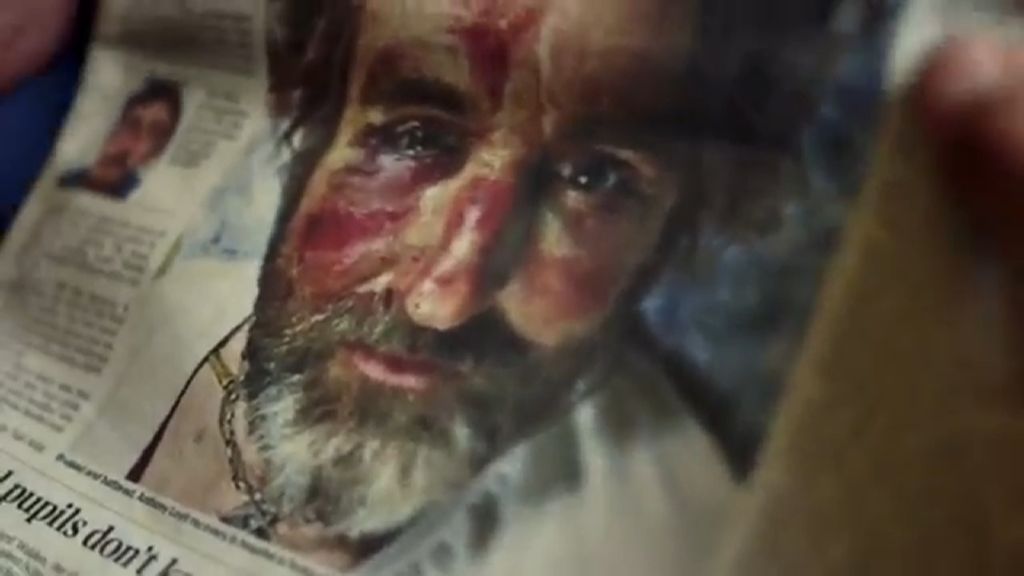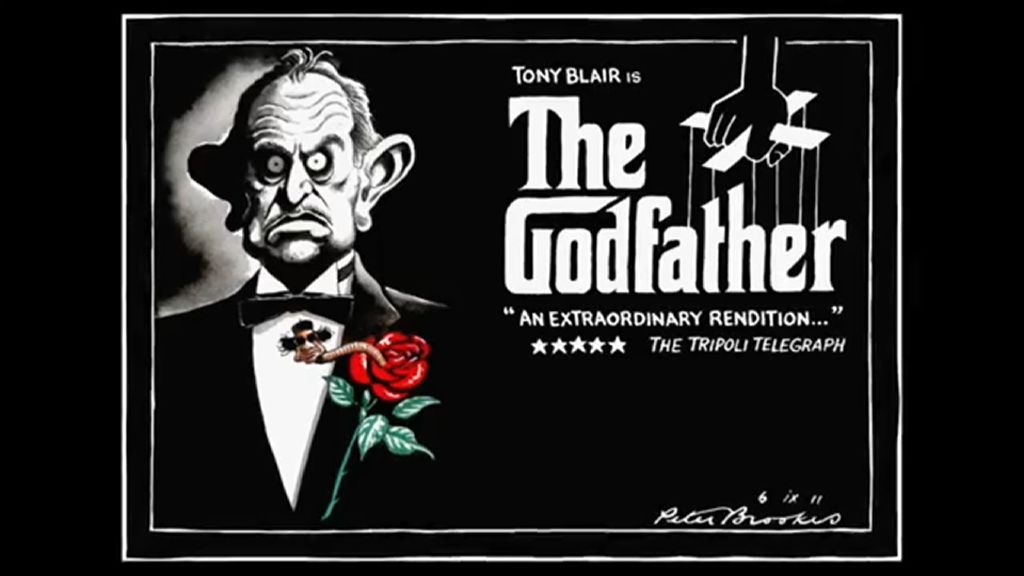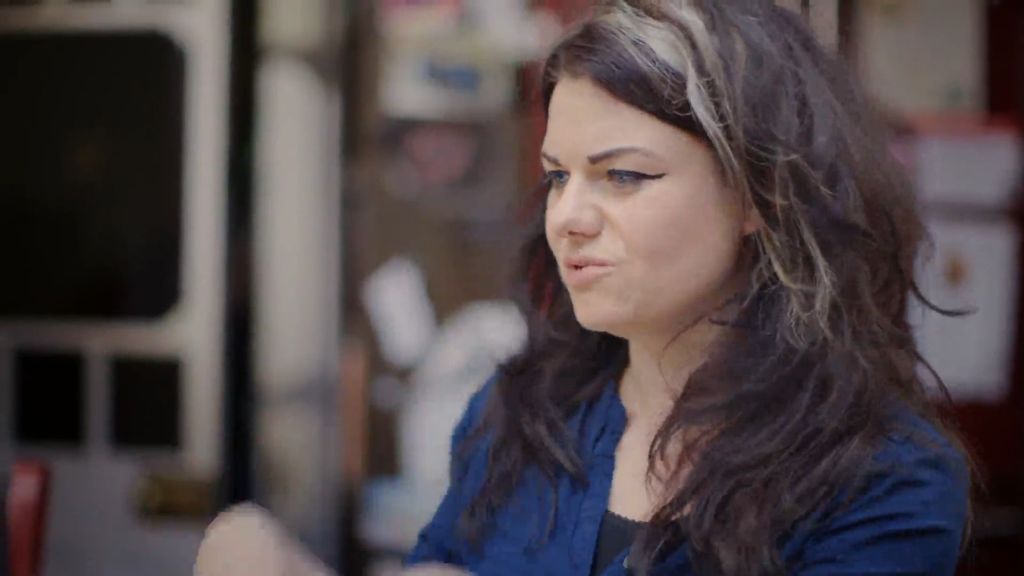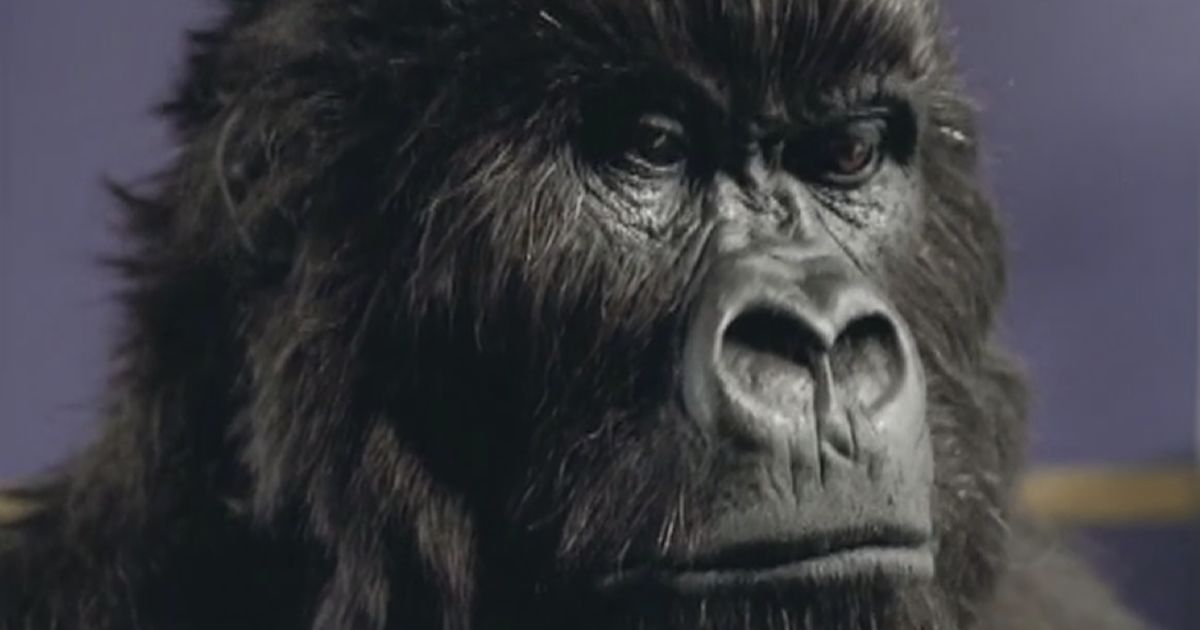Gorilla tactics: The evolution of branded entertainment
From drumming up good business for Cadbury Dairy Milk to the genius of Lord and Miller’s The Lego Movie, branded entertainment has come a long way since P&G put the ‘soap’ in ‘soap opera’, as Rich Johnson reports.
The moment is close. Arguably the best drum fill in the history of rock is coming. And the ape knows it too. He’s been waiting for this moment all of his life. And that moment is now...
It takes 60 seconds before the gorilla pounds those drums, a long time to wait while the audience wakes up from its TV dinner slumber. Written and directed by Juan Cabral, while working for Fallon London back in 2007, Gorilla was originally conceived during a discussion of the greatest drum solos of all time. With Cabral's work so deeply rooted in empathetic, character-driven narrative, it is no surprise that the concept was born from how Phil Collins’ In the Air Tonight felt to him personally.
Some brands became aware that they have to entertain or they’ll go unnoticed.
“Gorilla looked anarchic - but in a calm way. It had presence, and everyone was invigorated by the power of it. The client realised it was better to leave it that way. Letting people feel it, instead of telling them how they should feel,” says Cabral, now a director at MJZ.
Credits
powered by
-
- Production Company Blink Productions
-
-
-
Unlock full credits and more with a Source + shots membership.
Credits
powered by
- Production Company Blink Productions
- Post Production MPC London
- Editor Joe Guest
- Director of Photography Dan Bronks
- Creative Juan Cabral
- Director Juan Cabral
- Producer Matthew Fone
- Producer Nicky Barnes
- Producer Jessica Mankowitz
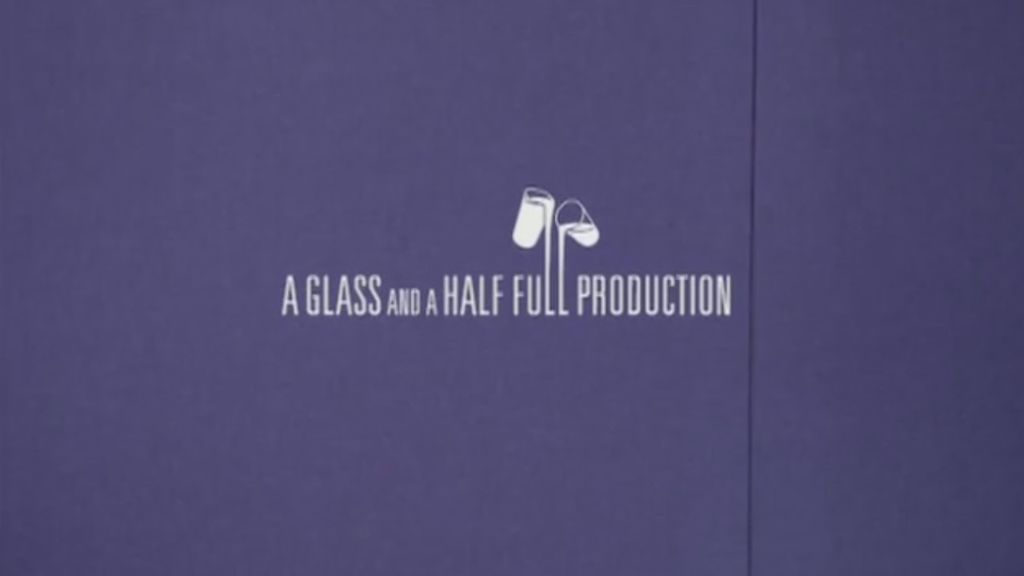
Credits
powered by
- Production Company Blink Productions
- Post Production MPC London
- Editor Joe Guest
- Director of Photography Dan Bronks
- Creative Juan Cabral
- Director Juan Cabral
- Producer Matthew Fone
- Producer Nicky Barnes
- Producer Jessica Mankowitz
Above: Juan Cabral's 2007 Cadbury spot, Gorilla, an early example of brands' move towards entertainment.
That crucial, emotive element, which helps entertain an audience rather than explicitly sell to them, is all part of what makes Gorilla so intriguing, and an early example of the recent move towards branded entertainment. Cabral goes on to add, “It’s all written in the original script. ‘Ape and drum. Together. The way they are meant to be’. There’s a strong desire implicit in the lyrics but also in the visuals.”
Some try too hard. At the end of the day, it’s like any artistic creation, you have to step into the unknown.
The ad's sheer simplicity still has impact today, and it stands out among most commercial messages. But with the advertising industry having evolved so rapidly in the wake of Gorilla, Cabral feels that evolution hasn’t always been for the better. “Some brands became aware that they have to entertain or they’ll go unnoticed," he says. "Some try too hard. At the end of the day, it’s like any artistic creation, you have to step into the unknown. Every time you play safe, nothing ever happens.”
The fundamental philosophy of branded entertainment is a belief in dismantling the traditional advertising model of pay-to-interrupt.
It is testament to Gorilla that it would remain unchanged if produced today. “There’s something cathartic and basic about it.” Again, Cabral’s script highlights this ‘The ape is doing it for all of humanity’. “It was not played as a joke. The gorilla is conscious.” Perhaps not conscious of the chocolate but it reminds us of a ‘Glass Half Full’, all the same… through sheer delight.
BMW – Star
BMW – Ticker (Full Length)
Above: Two of Fallon Minneapolis's BMW The Hire films, from the early noughties.
So, what exactly is branded entertainment? In layman terms it is about moving beyond ‘interruptive advertising’. At global production studio, Happy Finish, Head of Immersive Entertainment, Stephen Whelan, and Head of Interactive, Daniel Cheetham explain; “The fundamental philosophy of branded entertainment is a belief in dismantling the traditional advertising model of pay-to-interrupt in order to positively contribute to cultural conversations in a way that is additive and progressive rather than based on a domineering imbalance of power between brands and audiences.”
The days of force-feeding are long gone and innovation remains crucial for those steering a brand.
Instead, businesses should become, “just one of a chorus of voices around a cultural moment”. The days of force-feeding are long gone and innovation remains crucial for those steering a brand, especially in the world of automotive. Happy Finish’s award-winning VR experience, REALITY+, in partnership with Hills+Knowlton Strategies, has already been used with Ford encouraging road safety between motorists and cyclists.
Car manufacturers have always sought to reinvent their brands – from DDB's Think Small ads for VW (1959) to BMW’s The Hire series (2001-2002) – the latter of which practically gave birth to branded entertainment and still sets the precedent with its hiring of the best film directors [Guy Ritchie, Wong Kar-Wei, John Frankenheimer and Ang Lee among them] to deliver efficient action and storytelling. Two of the best examples of compelling storytelling with cars are The&Partnership London’s Move Ahead campaign for Toyota, and Antoni Group’s Bertha Benz; The Journey That Changed Everything. Perfect companion pieces from 2019.
Mercedes-Benz – Bertha Benz: The Journey That Changed Everything
Toyota – Toyota Corolla: Move Ahead
Above: Bertha Benz; The Journey That Changed Everything and Toyota's Move Ahead.
Released on International Women’s Day, Sebastian Strasser’s wonderful direction of Bertha Benz’s true story is captured flawlessly through a contemporary eye. The film captivates and informs through minimal dialogue and its use of atmosphere and characters is bookended with text, while the brand remains practically invisible. It is, first and foremost, about a character’s journey. “Humans are interested in humans," says Managing Director of Antoni Group, Mathias Schmidt. "Character inspires us and makes us reflect on ourselves. Real characters have even more impact. It was our intent from the very beginning to create something that could compete with what we are used to seeing on the big screen. Actually, we were approached by production companies to pitch Bertha’s story for a mini-series. Let’s see what will happen next.”
Character inspires us and makes us reflect on ourselves. Real characters have even more impact.
But where is the trick in making history so entertaining – delivering a piece that truly lives on beyond its message? “It is less about making history ‘entertaining’ but more about finding something contemporary in history. Something that resonates with today,” says Schmidt. “The essence of Bertha’s story is the classic story of a hero against the rest of the world. But, the fact that it was a woman in a world dominated by men, made it relevant and thus entertaining.”
“Brands have started to dig much deeper around their heritage and it’s fascinating," says Dave Monk, now ECD at Publicis•Poke, but who was behind Grey London’s The Unquiet Film Series for The Times/The Sunday Times which first aired in 2014. "If people don’t know the history, origin or provenance of your brand (and you have a truly brilliant history) definitely tell it. You won’t need to make up any ad-land bullshit. If you’re a newspaper, tell your 200-year-old stories that people won’t know. If you’re the JFK Museum, then create an Emmy-winning digital documentary about the Cuban missile crisis like no one has ever seen.”
The Times – The Times and The Sunday Times: Bearing Witness
The Times & The Sunday Times – The Times and The Sunday Times: The Art of Satire
The Sunday Times – New Series of Short Films for The Times Newspaper
Above: A selection of the Unquiet Series film.
With VOD and streaming services now so prevalent, the explosion of new formats, ideas and styles from creative forces around the globe has offered huge scope and opportunity for ground-breaking content to bolster a product. With brands becoming more like publishers, the renaissance of documentary filmmaking in particular has often helped ground branded entertainment in reality.
If it makes you feel something you’ve never experienced before, no matter how abstract, then it’s 100% fair game.
But is branded entertainment as influential as it would appear? “Specifically around filmmaking as branded entertainment? Massively,” states Monk. “The best brands have more stories to tell than just the conceits that adland has been forcing down audiences’ necks for decades. Brands that choose to unearth these stories and tell their truth seem to be resonating with people.”
However, branded entertainment is not always conceived as story and may remain more abstract. “If the world engages with it," says Monk, "and that piece of entertainment cracks the back of mass culture, if it makes you feel something you’ve never experienced before, no matter how abstract, then it’s 100% fair game. Felix Baumgartner leaping from a balloon at the edge of the earth’s atmosphere isn’t a story, it’s a fuck-me-hold-your-breath-record-breaking piece of marketing theatrics that will belong in branded entertainment folklore for many moons.”
Above: Felix Baumgartner's freefall from the edge of space for Red Bull.
m ss ng p eces is a production company with a strong ethos around creating ‘stories that influence the culture and create better outcomes for society at large’. Their unique idea for combining the Monopoly brand with the bank Ally Financial has worked on a number of levels. There is a huge benefit to brands joining forces as co-founder, Ari Kuschnir reflects, “The appeal of having Mr. Monopoly jump out of your mobile camera every time you pass by a square in a project for Ally Bank . . . people tweeting how fun it was that a bank was doing this and teaching people about financial literacy along the way.”
Be brave. Innovate. Experiment. Surprise your audience. And if it's good, they will watch.
Director of immersive content, Mike Woods goes on to discuss how the merging of brands innovate and entertain. “Be brave. Innovate. Experiment. Surprise your audience. And if it's good, they will watch [and] interact.” M ss ng p eces is at the forefront of some of the most state-of-the-art methods in capturing an audience through branded entertainment. Tinder Swipe Night, for example, is an in-app Choose Your Own Adventure-style series that takes the brand beyond online dating.
It marries the Tinder 'swipe' functionality to a live-action adventure where you are prompted to make critical story decisions in real time that tell your prospective matches on Tinder about yourself, which they can then act on accordingly. With Tinder Swipe Night: Season 2 now officially green lit, there is no doubt that the latest instalment will push, or rather ‘swipe’ innovation even further. As Woods summarises: “[It's] a perfectly pitched brand/user/entertainment ecosystem”.
Credits
powered by
- Agency Anomaly/Los Angeles
- Production Company m ss ng p eces
- Director Mike Woods
-
-
Unlock full credits and more with a Source + shots membership.
Credits
powered by
- Agency Anomaly/Los Angeles
- Production Company m ss ng p eces
- Director Mike Woods
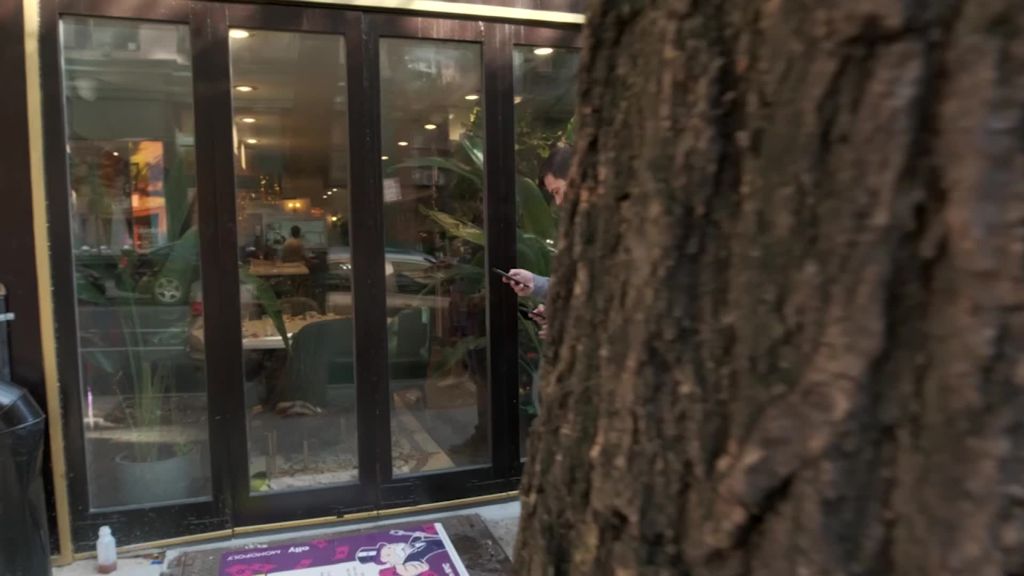
Credits
powered by
- Agency Anomaly/Los Angeles
- Production Company m ss ng p eces
- Director Mike Woods
Above: Ally Bank joined forces with board game Monopoly for their 2019 campaign.
Brands embedded within IP now, more than ever, need to tell a good story, or at least plant the seed for one. Branded entertainment isn’t just about product placement but idea placement. We've already had the Johnny English films, inspired by Rowan Atkinson’s Barclaycard spy, so how long until we see other brands elements woven into long-form content? When might we see The Cadbury Movie, for example?
I think advertising as we know it will disappear.
From the independent nature of Shane Meadows' award-winning Somers Town (funded by Eurostar) to branded blockbuster The Lego Movie, some brands' foray into the world of feature films have set the standard. However, others still have some work to do (we're looking at you Hasbro's Battleship).
So, what will the future of branded entertainment be? Antoni Group's Schmidt has a positive outlook for these uncertain times; “Generally, I think advertising as we know it will disappear. We will see more and more branded entertainment on one side, paired with well-crafted information and services on the other. I think we might even enter a golden era of creativity.” For Monk, it's “more purity, more truth, bigger and better and more unique stories and stunts”.
Alternatively brands could just hammer out a bloody good tune from inside an ape suit.
)
